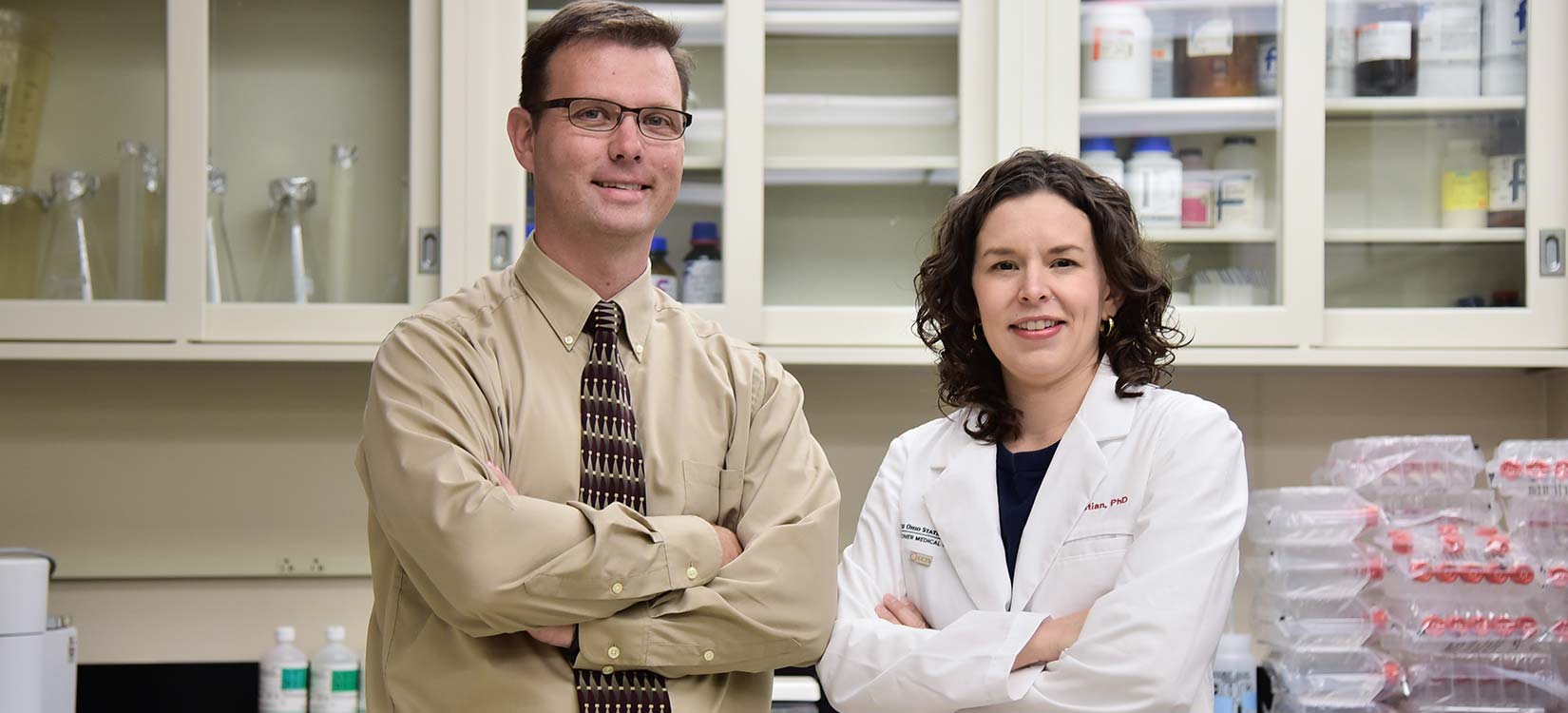Research indicates link between child temperament and gut microbiome
 Researchers at Ohio State's Department of Psychiatry and Behavioral Health have found an association between gut microbiome and temperament.
Researchers at Ohio State's Department of Psychiatry and Behavioral Health have found an association between gut microbiome and temperament.
Lisa Christian, PhD and colleague Michael Bailey, PhD recently completed a novel study indicating an association between early childhood temperament and the phylogenetic diversity of the gut microbiome.
"Data in animal models show a bi-directional association between gut microbiome composition and behavior," says Dr. Christian. "My co-PI Dr. Bailey and I were interested in examining if similar associations could be observed in children in early life. We tested toddlers because by approximately two years of age, a child's gut microbiome shows reasonable stability and measures of temperament at this point have good predictive validity in relation to future behavior."
Using DNA sequencing Christian and colleagues measured the phylogenetic diversity of microbial bacteria in 77 toddlers. These data were compared to maternal ratings the toddler’s behavior. Behavioral measures included negative affect, extraversion and effortful control such as attention and inhibition.
"We found children rated more highly by their mothers on measures of extraversion showed greater diversity in their gut microbiome composition," explains Dr. Christian. "We also found sex-specific associations."
Though a causal relationship remains to be identified, Dr. Christian's findings have interesting implications for mental health and early life interventions. "If it is possible to alter the gut microbiome to influence health and behavior, such interventions may be more effective in early life when the gut microbiome may be more responsive to change," says Dr. Christian.
Future steps for Dr. Christian and colleagues include determining whether these observed early life associations continue in to adolescence and whether manipulation of the gut microbiome through diet may have therapeutic effects.
Dr. Christian is an assistant professor of Psychiatry at Ohio State University and Dr. Bailey is a member of the Center for Microbial Pathogenesis at Nationwide Children's Hospital Research Institute.
This study was supported by an Innovative Initiative grant from the OSU Food Innovation Center and conducted across the Department of Psychiatry and Behavioral Health, Department of Human Sciences, The Institute of Behavioral Medicine Research, Division of Biosciences at Ohio State.

